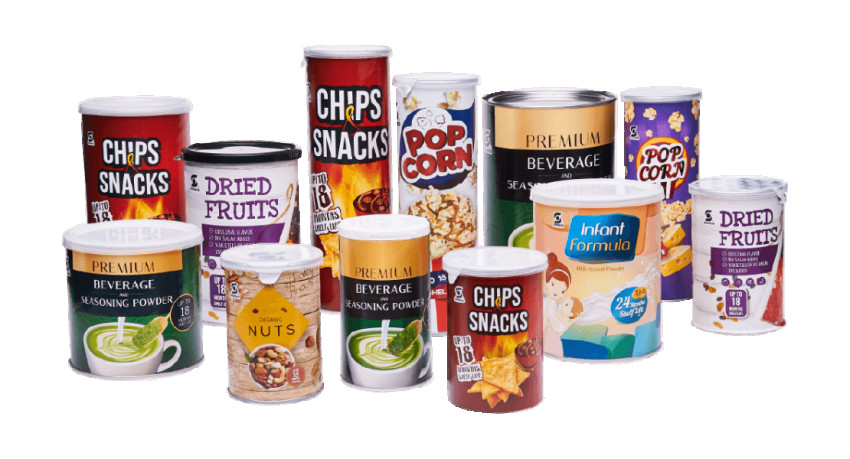
In an interconnected world, the way a nation packages its food isn't just a reflection of local preferences but an alignment with global expectations. Malaysia, in its quest to become a premier food exporter, has embraced international packaging standards with fervor. This article traces Malaysia's journey towards achieving global acclaim in food packaging, touching upon its commitments, international benchmarks, and its standing on the world stage.
Introduction: Setting the Stage
Malaysia, with its vibrant mix of cultures, cuisines, and commodities, has always been a pivotal player in the Southeast Asian food market. However, with globalization, the stakes have been raised. Now, it's not just about producing delightful flavors but also ensuring they reach global consumers in the best condition possible. Enter the realm of food packaging - an arena where aesthetics meet functionality, and where local practices intertwine with global standards.
Malaysia's Commitment to Quality Packaging
Recognizing the immense potential of the food export market, Malaysia has invested significantly in upscaling its packaging industry. The government, in collaboration with private entities, has initiated several programs:
Training Workshops: Regular workshops are conducted for producers, educating them on the latest in packaging technologies and standards.
R&D Investments: Significant funds have been channeled into researching sustainable, durable, and cost-effective packaging materials.
Public-Private Partnerships: The government actively collaborates with private packaging companies, ensuring a seamless blend of regulatory compliance and innovation.
Global Standards and Certifications
As the world becomes a global village, international standards play a pivotal role in ensuring food safety and quality. Malaysia, aiming to be a significant player in the global market, has actively pursued these certifications:
ISO Standards: Many Malaysian food packaging companies have achieved ISO 22000, a standard dedicated to food safety management.
HACCP Certification: Hazard Analysis and Critical Control Points, a systematic preventive approach to food safety, is now a mainstay in Malaysia's food packaging sector.
BRC Global Standards: Recognized worldwide, leading Malaysian firms also pursue the BRC standards for packaging and packaging materials.
These certifications not only ensure safety and quality but also boost consumer confidence, both locally and internationally.
How Malaysia Food Packaging Compares Internationally
When placed on the global stage, Malaysia's food packaging industry shines brightly. Here's a comparative analysis:
Innovation: Whether it's integrating QR codes for traceability or using bio-active packaging to extend shelf life, Malaysia is at the forefront of packaging innovation.
Sustainability: Malaysia's commitment to eco-friendly packaging, including the use of biodegradable materials and reduction of single-use plastics, aligns with global trends.
Cost-Effectiveness: Leveraging local materials and technologies, Malaysia offers high-quality packaging solutions that are competitively priced, making it an attractive option for global businesses.
Cultural Blend: Unique to Malaysia is its ability to infuse cultural elements into packaging designs, making them stand out on international shelves.
Conclusion: The Path Forward
The journey towards global acclaim is an ongoing one. While Malaysia has made significant strides in aligning with international packaging standards, the road ahead promises even more. With the world rapidly moving towards sustainability, Malaysia's focus on eco-friendly solutions places it in a strong position. Furthermore, as global consumers become more discerning, the emphasis on traceability, transparency, and quality will continue to grow.
In this evolving landscape, Malaysia's commitment to quality, innovation, and global standards ensures not just relevance but leadership in the world of food packaging. As global challenges and opportunities arise, Malaysia is poised to package a brighter, tastier, and more sustainable future for all.




